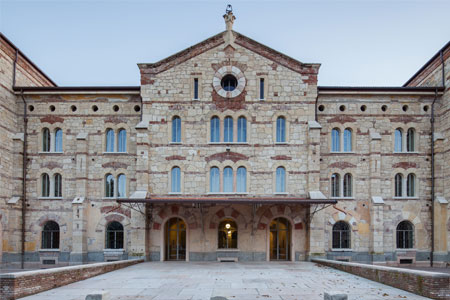- Department

Contact us
- Research

Research Overview
Research activities
Research Facilities
- Teaching

PhD programmes and postgraduate training
- Community Engagement

Information for community
Contact us
- People
- contacts
-




